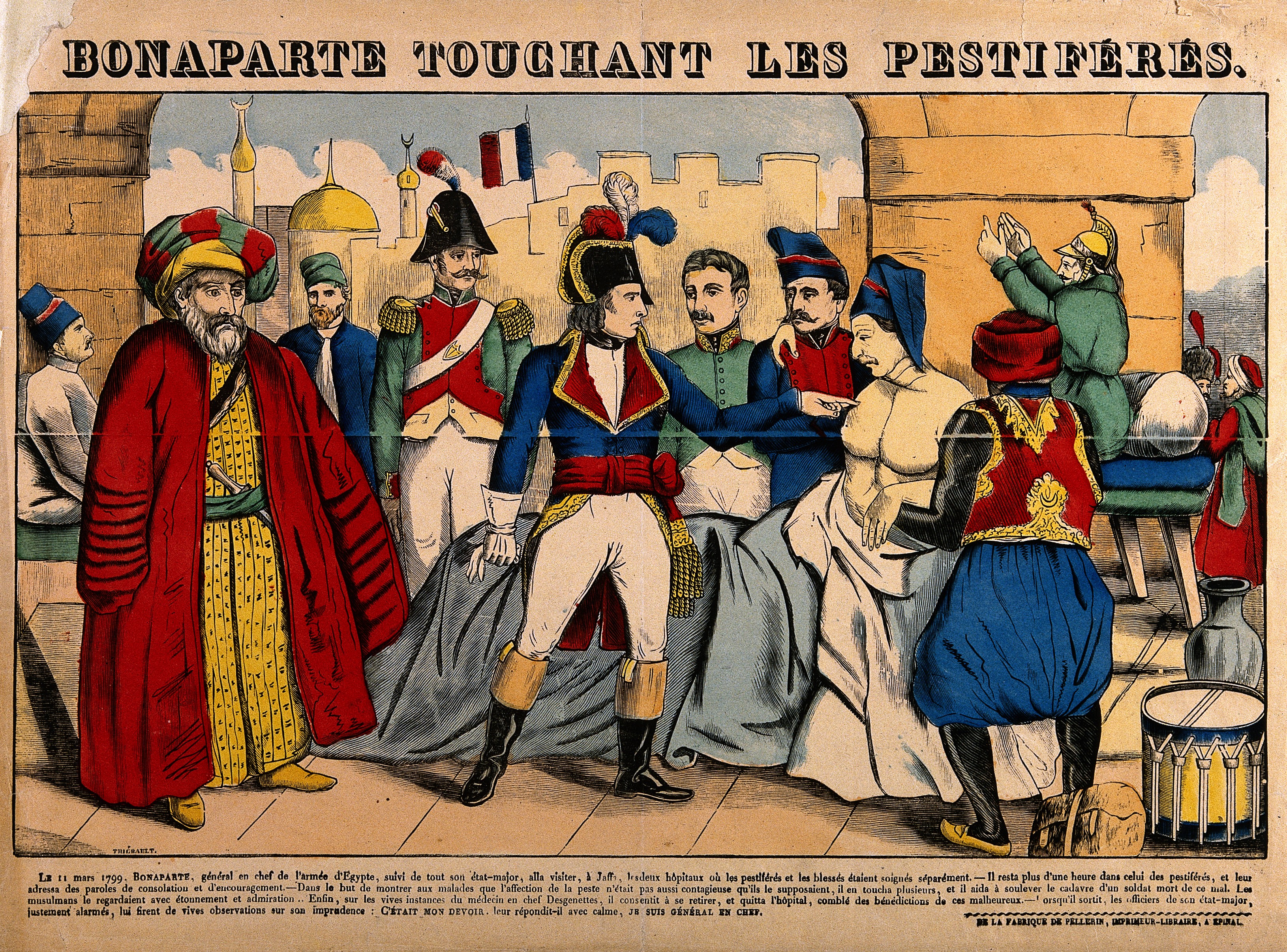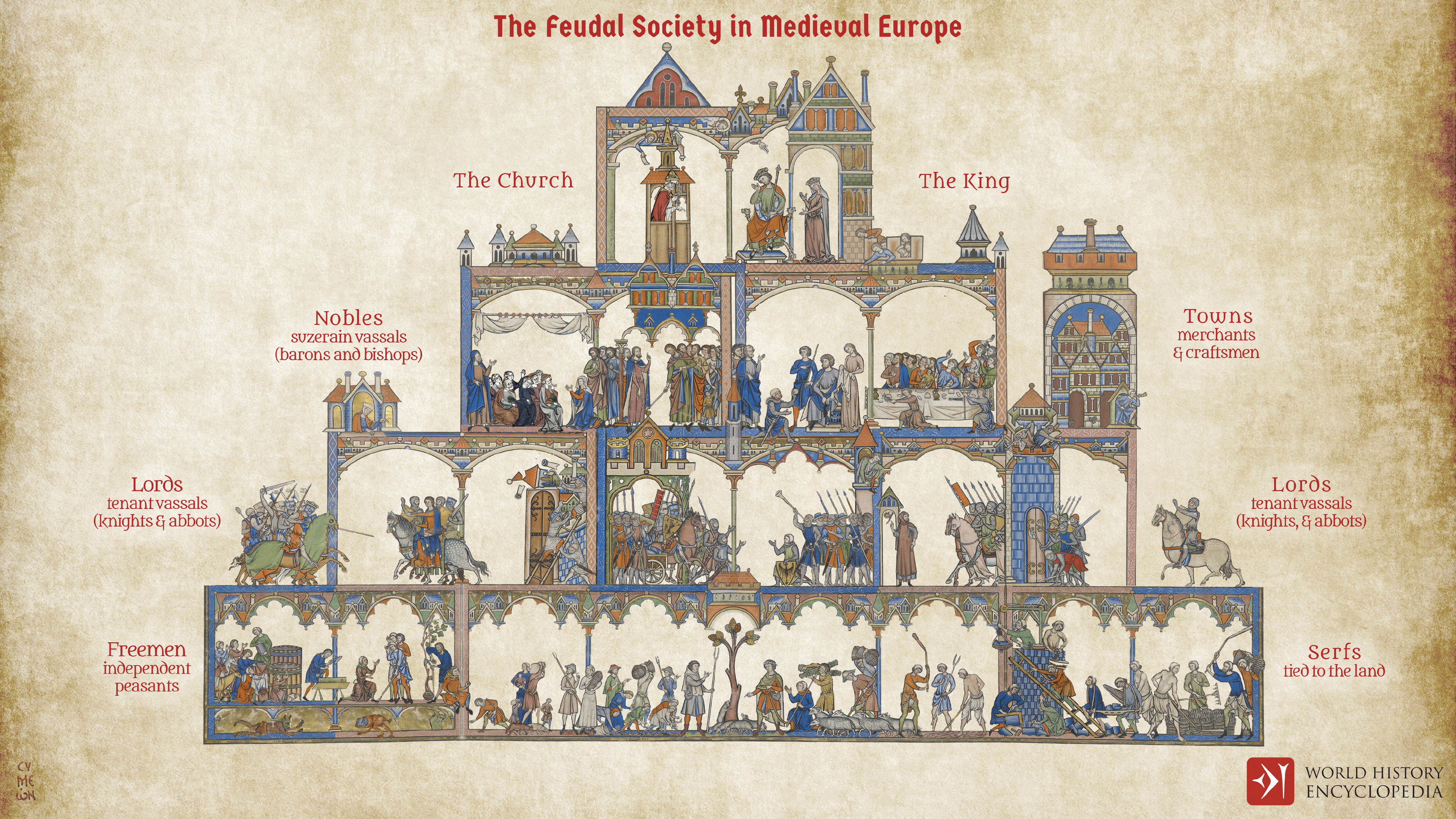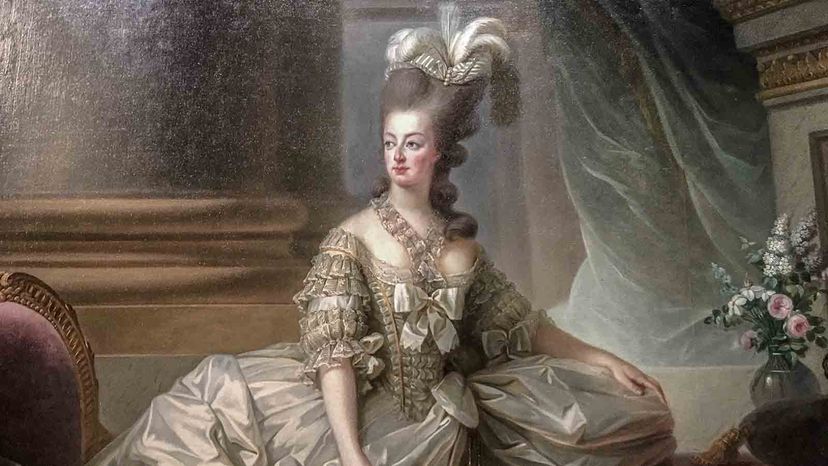https://www.youtube.com/watch?v=8X7rMHJC5oU
Introduction
Several remarkable historical accounts exist although numerous documented incidents prove false. Many people currently believe two things about the past: some events occurred beyond belief but also experienced severe exaggeration through time. The following list presents ten historical events that were never real occurrences.
10. Vikings Wore Horned Helmets
Secondary sources indicate that Vikings did not fight with horned helmets.
Table of Contents
The Truth:
All research studies about Viking helmet traditions provide evidence against the notion that Vikings wore horned helmets.
During the 19th century particular operas and paintings by Richard Wagner introduced this myth to the public.
The real helmets which Vikings used for fighting purposes lacked decorative elements and maintained a basic functional design.
Historical evidence proves that horned helmets exist only within fictional presentations of Viking culture.

9. Napoleon Was Short
Historians have always maintained that Napoleon Bonaparte received his popular nickname “The Little Corporal” because he had a diminutive stature.
The Truth:
Historical records show Napoleon measured 170 to 172 centimeters (5’6” to 5’7”), which equaled an average stature during his era.
People may confuse the French and British systems of measurement which leads to the misperception.
The affectionate term Le Petit Caporal did not derive from his physical stature.
People’s depiction of Napoleon being both small in stature and bighearted goes beyond factual accounts.

8. Columbus Discovered America in 1492
According to myth, Christopher Columbus was the first human being to discover America in 1492.
The Truth:
The native inhabitants had settled across the Americas throughout multiple generations before Christopher Columbus made his voyage.
During the year 1000 CE, the Norse voyager Leif Erikson might have explored Vinland in North America.
His journey led him to the Caribbean ports but never took him to geographical United States territory.
History proves that Christopher Columbus made important discoveries yet numerous others reached the American continents before him.

7. The Great Wall of China Is Visible from Space
From space, astronauts do not achieve visibility of the Great Wall of China without using vision enhancement tools.
The Truth:
Regarding its dimensions, the Great Wall stretches for a long distance while remaining thin with shapes that conform to the surrounding terrain.
Astronauts have never reported observing the object without aid through their space missions.
The view of cities along with big water bodies and roadways becomes visible to orbital astronauts much better than from planet Earth.
The claim over and over again has been proven false by NASA through repeated debunking.

6. The Salem Witches Were Burned at the Stake
The historical fact reveals Salem witches did not meet their end by burning at the stake.
The Truth:
Throughout the Salem Witch Trials from 1692 to 1693 authorities executed twenty people yet they never resorted to burning anyone.
Twenty people received the death sentence by hanging as Giles Corey became the only individual to face pressurized death using stones.
Among European witch trials burning was the primary execution method whereas colonial American witch trials executed suspects through different means.
Hollywood along with literature has transformed the Salem terror into more extreme versions of what genuinely occurred during that time.

5. Marie Antoinette’s Alleged Quote on Hunger and Bread
Queen Marie Antoinette received accusations of stating “Let them eat cake” to the peasants since they lacked bread.
The Truth:
The historical documents do not support the claim that Marie Antoinette uttered such words at any point in her life.
When Marie was a child the phrase originated in the book Confessions written by Jean-Jacques Rousseau.
Propaganda’s purposes probably led to her portrayal as someone who lacked awareness of the situations in Salem.
People considered Marie Antoinette unpopular however this well-known statement does not come from her words.
4. Nero Fiddled While Rome Burned
According to Popular Belief Nero spent his time playing the fiddle during the 64 CE fire that devastated Rome.
The Truth:
The violin instrument, the fiddle, was not yet invented because another 1,400 years would pass.
According to historical records, Nero was absent from Rome at the time of the first fire ignitions.
Certain records show he participated in fire relief operations after the tragic event.
Political opponents of Nero probably invented the story to create a bad image of him.

3. Einstein Failed Math in School
The Fact: Albert Einstein’s math talent wasn’t perfect as a student.
The Truth:
Einstein was an excellent mathematical and physical genius from his childhood.
It may have been that the myth began with a misunderstanding of his school grading system.
Before most students his age, he was solving complex equations.
At this myth even Einstein himself laughed, when he said, that I never failed in mathematics.

2. The Trojan Horse Was a Real Event
The Truth: A giant wooden horse tricked the Trojans into bringing it into their city.
The Truth:
The truth is that there is little evidence to back the story of the Trojan Horse.
The facts, though, are provided in The Iliad and The Aeneid, in which history is ‘matched*’ with mythology.
One of the historians thinks ‘horse’ might have been a metaphor for an earthquake or an earthquake tactic.
Troy, it is true was a real city, but the horse is still merely a legendary tale, rather than a historical fact.

1. The Entirely Dark Assignment Was the Dark Ages
False: The Middle Ages (476–1450 CE) was a time of cultural and scientific decline, as evidenced by an absence of advances and that is misguided.
The Truth:
During this time there were many important inventions or discoveries, including universities, mechanical clocks, and agriculture.
However, in the Islamic Golden Age (8th–14th century) medicine, astronomy and mathematics have made significant progress.
There was an active life in Gothic cathedrals, medieval literature, and early Renaissance thinkers.
However, during the Renaissance, the idea of the “Dark Ages” was foisted by them to make their age appear more advanced.
Conclusion
Myths, misunderstandings, exaggerations, and much more control history. These stories are great tales, but separating them from the facts helps us understand what happened before. The myths about these historical misconceptions are certainly as good as what we think we know and often the truth is as good (or as bad, depending on your perspective) as the myths.
Top 10 Lists of the people, things, places, most expensive, animals, most popular, luxury and high rankings of world. World's Top Insider focuses on the top ten lists of best, greatest and top rankings in the world.



